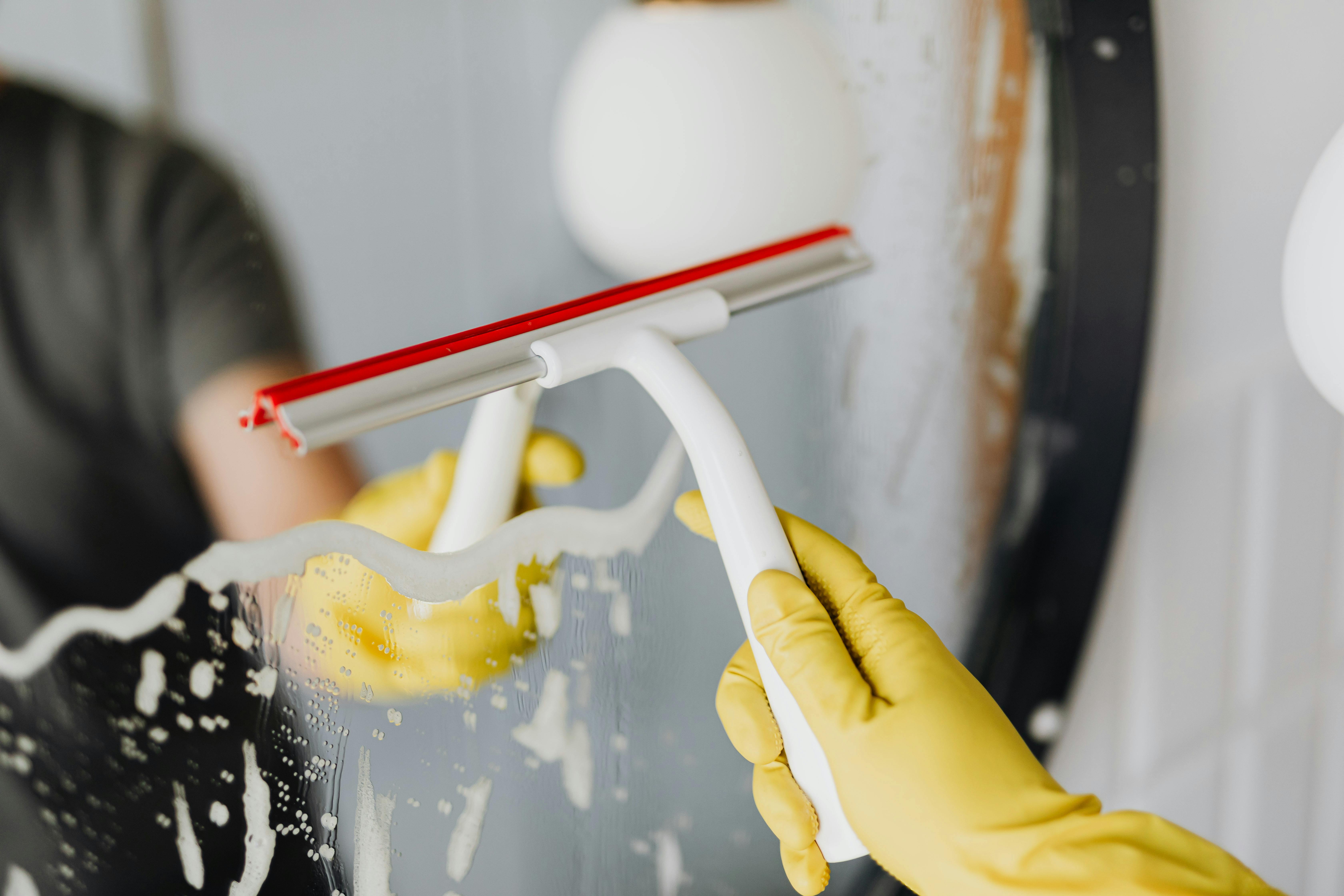Benefits of Using Distilled Water in a Humidifier
Using distilled water in a humidifier has many benefits. First, it helps to reduce the mineral deposits that can build up over time in the unit. This can help to extend the life of the humidifier and also improve its performance. Additionally, using distilled water can help to reduce the amount of bacteria and mold growth that can accumulate in a humidifier, improving air quality and reducing allergies or other respiratory issues.Distilled water is also much less likely to cause rusting or corrosion of parts within a humidifier than regular tap water. When using tap water, it is important to routinely clean and maintain the unit as minerals from the tap water can stick to surfaces and cause damage over time. With distilled water, this concern is eliminated.Finally, using distilled water in a humidifier eliminates any unpleasant odors or flavors from tap water that could be released into the air through use of the humidifier. This ensures that your home’s air will not be affected by any unpleasant smells or tastes due to tap water use in a humidifier.Overall, using distilled water in a
Using Distilled Water in a Humidifier
Humidifiers are beneficial to our home environment, but they can become breeding grounds for bacteria and mold if not properly maintained. Using distilled water in a humidifier is the best way to keep the unit clean and functioning optimally. Distilled water is water that has been purified through a process that removes all minerals, chemicals, and other contaminants from the water. It is much purer than regular tap water and won’t leave any residue behind in the humidifier.To use distilled water with your humidifier, simply fill the reservoir with distilled water instead of tap water when filling it up. You can purchase distilled water from most grocery stores or directly from a distiller that produces it. Depending on your humidifier model, you may need to add a few drops of essential oil or other additives to prevent bacteria growth in the unit.
It is important to remember to change out the distilled water regularly so that the unit does not become contaminated with bacteria or mold spores. Some units have an auto-shutoff feature that will turn off the machine if it detects low levels of humidity in the
Do All Humidifiers Need Distilled Water?
Humidifiers are a great way to add moisture to the air in your home, but many people wonder if they need to use distilled water in their humidifier. The answer is, it depends on the type of humidifier you have. Different types of humidifiers require different kinds of water, and some require distilled water for optimal performance.Warm mist humidifiers can be used with either tap water or distilled water. These humidifiers heat the water and disperse it into the air as steam. Since they boil the water before releasing it, tap water can be used with these units without worry.Cool mist humidifiers are another option for adding moisture to your home’s air. These units use a fan or motorized impeller to disperse water into the air as a cool mist. It’s important to note that these types of units should only be used with distilled water because tap water may contain minerals that could damage the unit over time.Ultrasonic humidifiers are also an option for adding moisture to your home’s air. These units use high-frequency sound waves toThe Risks of Not Using Distilled Water in a Humidifier
Using the wrong type of water in a humidifier can be a health risk. Tap water contains minerals, chlorine, and other potentially harmful contaminants that can be released into the air when heated. These particles can irritate the eyes, nose, throat, and lungs, leading to respiratory problems such as coughing, sneezing, and wheezing. Additionally, these contaminants can also leave behind residue on surfaces in the home. This residue can become a breeding ground for bacteria and mold growth.Distilled water is free from these contaminants as it has been boiled and all impurities have been removed. As a result, using distilled water instead of tap water in humidifiers helps to reduce potential health risks in the home. Furthermore, using distilled water also helps to prevent mineral buildup inside the humidifier itself which can cause damage to its internal components over time.
In conclusion, not using distilled water in a humidifier comes with serious health risks for you and your family. It is important to use only distilled water in your humidifier to ensure optimal performance

Are There Alternatives to Using Distilled Water in a Humidifier?
Humidifiers are essential for maintaining healthy air indoors, but using distilled water in them is not always necessary. There are several alternatives to using distilled water in a humidifier, including filtered tap water, demineralized water, and even bottled spring water.Filtered tap water is an affordable alternative to using distilled water in a humidifier. Many home water filters can remove impurities and minerals from tap water, making it safe for use in a humidifier. When choosing a filter for your humidifier, look for one that removes bacteria, chlorine, lead, and other contaminants that may be present in the local tap supply.Demineralized water is also an option for use in a humidifier. Demineralized or deionized water has been processed to remove most of the mineral content from it. This type of treated water can be found at many local grocery stores or ordered online. It is generally more expensive than filtered tap or bottled spring water but may be worth the extra cost if your local tap supply contains high levels of mineral content.BottledHumidity Level Differ with the Type of Water Used in a Humidifier?
The type of water used in a humidifier can have an impact on the humidity level that is achieved. Generally, hard water contains minerals which can cause build-up on the components of the humidifier, usually resulting in lower humidity levels. Soft water, on the other hand, can create higher humidity levels due to fewer minerals present.When setting up your humidifier, it is important to consider what type of water you will be using. If you are using hard water in your humidifier, it is important to regularly clean and maintain the machine to prevent mineral build-up and ensure optimal performance. If you are using soft water, make sure that you check for any signs of mineral build-up as well as regularly cleaning and maintaining the device.It is also important to use filtered or distilled water whenever possible since these types of water typically have fewer minerals than regular tap water. Filtered or distilled water also helps prevent bacteria from growing inside your humidifier which can lead to poor air quality and health problems. Overall, the type of water used in a humidifierIs There a Benefit to Using Distilled Water in My Humidifier?
Using distilled water in your humidifier offers several benefits. It reduces mineral buildup, which can clog the machine and affect its performance. Additionally, using distilled water prevents the dispersal of impurities and harmful particles into the air, contributing to a cleaner and healthier environment for you and your family.
Should You Use Filtered or Purified Water Instead of Distilled Water for your Humidifier?
Using filtered or purified water instead of distilled water in your humidifier is a great way to ensure optimal performance and reduce the risk of damage. Distilled water can be difficult to obtain, and it has a tendency to leave behind deposits that can clog the system, reducing its efficiency. Filtered and purified water are much easier to acquire and are also less likely to cause damage.Filtered water is passed through a filter that removes particles, minerals, and other impurities from the water. This helps to reduce the risk of damage and clogging in your humidifier. Filtered water also typically contains minerals that help keep the unit running smoothly, which is beneficial for optimal performance.
Purified water is treated with chemicals or other processes in order to remove contaminants from the source material. This makes it much purer than filtered water, which may contain some impurities. Purified water is also less likely to cause damage or clog up your humidifier due to its lack of minerals, which can leave behind residue

Conclusion
It is clear that the use of distilled water in humidifiers is beneficial for households. Not only does it increase the efficiency of the humidifier and reduce the risk of illnesses, but it also helps to prevent bacteria, mold, and mildew from forming. Additionally, using distilled water in humidifiers reduces mineral buildup which can cause damage to the device.All in all, while there may be some drawbacks to using distilled water in humidifiers like cost or inconvenience, overall it is a good choice for households looking to preserve their health and improve their air quality.Therefore, it is highly recommended that humidifiers should use distilled water when possible, as it will help maintain a healthy environment and increase the lifespan of the device.

